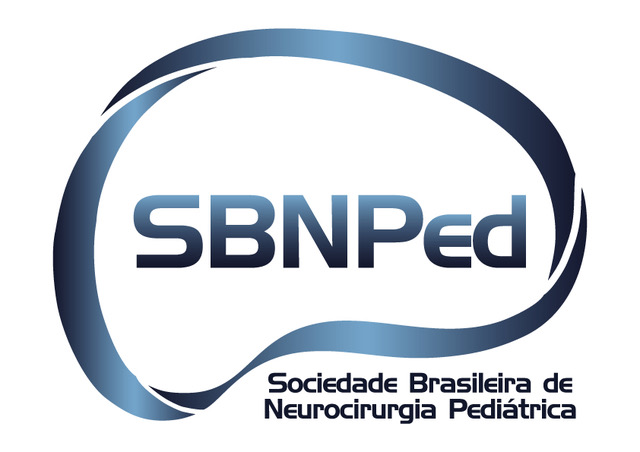Advancing Neurosurgery Through Translational Medicine: The Modern Surgeon's Role
DOI:
https://doi.org/10.46900/apn.v6i3.279Keywords:
Editorial, Translational MedicineAbstract
In the dynamic field of neurosurgery, the concept of translational medicine plays a pivotal role in bridging the gap between scientific discoveries and clinical applications. This editorial delves into the evolving landscape of neurosurgery, highlighting the integral role of modern neurosurgeons in research, learning, and patient care.
Translational Medicine: Connecting Bench to BedsideTranslational medicine refers to the process of applying findings from basic science research to enhance human health and well-being. In neurosurgery, this often involves integrating insights from disciplines like neuroscience, genetics, and biomedical engineering into clinical practice. For example, discoveries in neuroimaging techniques or molecular biology can lead to novel treatments for neurological disorders.
The Modern Neurosurgeon: A Scientist and ClinicianToday’s neurosurgeon is not merely a technician but a scientist at heart. Engaging in research is not just an academic pursuit but a fundamental aspect of enhancing patient care. By actively participating in or leading research initiatives, neurosurgeons contribute to expanding the boundaries of knowledge and improving treatment outcomes. They collaborate with basic scientists, engineers, and other medical specialists to innovate and develop new therapies.
Learning and InnovationContinuous learning is ingrained in the ethos of neurosurgery. Advances in technology and surgical techniques require neurosurgeons to stay abreast of the latest developments through conferences, workshops, and lifelong learning. Moreover, the feedback loop between research and clinical practice fosters an environment of continuous improvement. Lessons learned from patient outcomes inform future research directions, creating a virtuous cycle of innovation.
Patient-Centric CareAt its core, neurosurgery is about alleviating suffering and restoring function. Translational research allows neurosurgeons to offer more personalized treatments based on genetic, molecular, and imaging data. Tailoring therapies to individual patient profiles enhances efficacy and minimizes risks. Furthermore, participation in clinical trials enables neurosurgeons to offer cutting-edge treatments to patients who may have exhausted conventional options.
Challenges and OpportunitiesWhile the integration of translational medicine into neurosurgery holds immense promise, it also presents challenges. Research endeavors require substantial resources, collaboration across disciplines, and rigorous ethical considerations. Moreover, translating laboratory findings into clinical applications demands patience and persistence.
ConclusionThe modern neurosurgeon’s role in translational medicine is multifaceted and indispensable. By embracing research, continuous learning, and patient-centered care, neurosurgeons not only advance the field but also improve the lives of their patients. As technology and knowledge continue to evolve, the collaboration between basic scientists and clinicians will be pivotal in shaping the future of neurosurgery, ultimately leading to better outcomes and enhanced quality of life for patients worldwide.
Downloads

Additional Files
Published
How to Cite
Issue
Section
Categories
License
Copyright (c) 2024 Ricardo Santos de Oliveira, Matheus Ballestero

This work is licensed under a Creative Commons Attribution 4.0 International License.

When publishing in Archives of Pediatric Neurosurgery journal, authors retain the copyright of their article and agree to license their work using a Creative Commons Attribution 4.0 International Public License (CC BY 4.0), thereby accepting the terms and conditions of this license (https://creativecommons.org/licenses/by/4.0/legalcode).
The CC BY 4.0 license terms applies to both readers and the publisher and allows them to: share (copy and redistribute in any medium or format) and adapt (remix, transform, and build upon) the article for any purpose, even commercially, provided that appropriate credit is given to the authors and the journal in which the article was published.
Authors grant Archives of Pediatric Neurosurgery the right to first publish the article and identify itself as the original publisher. Under the terms of the CC BY 4.0 license, authors allow the journal to distribute the article in third party databases, as long as its original authors and citation details are identified.





























